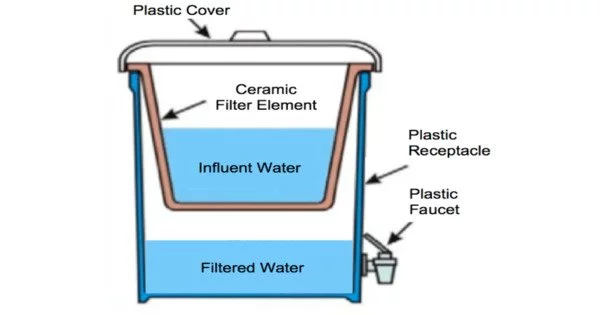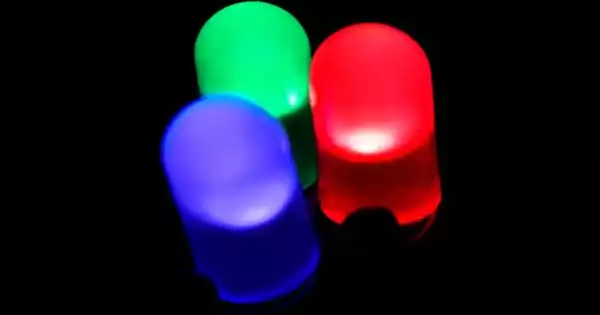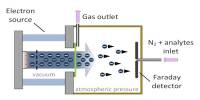Ceramic water filters (CWF) are an inexpensive and effective type of water filter that rely on the small pore size of ceramic material to filter dirt, debris, and bacteria out of water. These are devices used to purify water by removing impurities and contaminants. This makes them ideal for use in developing countries, and portable ceramic filters are commonly used in backpacking. These filters are made from porous ceramic material, typically composed of clay, silica, or other natural materials that have been fired at high temperatures.
The filtration process of a ceramic water filter involves both physical and chemical mechanisms. The porous nature of the ceramic material allows water to pass through while trapping suspended solids, bacteria, protozoa, and other harmful microorganisms. The small pore size of the ceramic filter can effectively remove particles as small as 0.1 micron in size.
Ceramic filters are often used in household or portable water filtration systems. They can be incorporated into various devices such as water pitchers, countertop filters, gravity filters, or even standalone ceramic filter candles. These filters can be operated manually or can be connected to a water source for continuous filtration.
Advantages
Ceramic water filters have the advantage of being relatively inexpensive when compared to other advanced filtration technologies. They are suitable for areas with limited infrastructure or access to clean water because they do not require electricity or complex maintenance procedures. Ceramic filters can significantly improve water quality by lowering turbidity, removing bacteria and pathogens, and improving water taste and odour.
However, certain contaminants, such as heavy metals, dissolved salts, or chemical pollutants, may not be removed by CWF. They are mostly used to remove particulate matter and microbial contaminants. If you have specific concerns about the water quality in your area, it’s a good idea to double-check the ceramic filter’s specifications to ensure it addresses those concerns.
Regular cleaning and maintenance are necessary to ensure the continued effectiveness of ceramic water filters. The accumulated contaminants and biofilm on the filter surface can be removed by scrubbing or gently brushing the ceramic element. Manufacturers usually provide guidelines on how to clean and maintain their specific filters.
Overall, ceramic water filters offer a practical and affordable option for improving the quality of drinking water in areas where access to clean water is limited or unreliable.
















